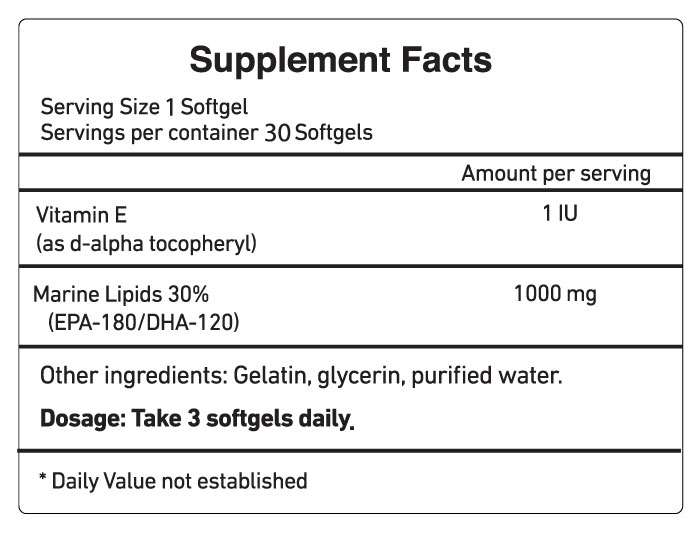Benefits of Omega-3 Fish Oil Supplements for Singaporeans
In Singapore's fast-paced urban environment, omega-3 fish oil supplements offer a range of vital benefits. These fatty acids play an essential role in enhancing cognitive function, helping you stay sharp and focused amidst modern demands. Studies consistently highlight their ability to strengthen neural pathways, supporting memory retention and reducing the risk of cognitive decline.
Omega-3 is also crucial for eye health. With increasing screen time and exposure to urban lighting conditions, these fatty acids help lower the risk of macular degeneration and promote overall ocular well-being.
Furthermore, omega-3 supports cardiovascular health, a key factor in maintaining long-term wellness. Omega-3 can reduce inflammation, regulate blood pressure, and contribute to healthy heart functions.
By incorporating omega-3 EPA and DHA fish oil supplements into your daily routine, you can help balance and rejuvenate your health. For a comprehensive health strategy, consider pairing with daily vitamins for immunity or slimming products to support your broader wellness goals.
Frequently Asked Questions
1. Is it safe to take fish oil supplements daily?
Yes, daily consumption of fish oil supplements is generally safe for most individuals when taken in recommended doses. Rich in omega-3 fatty acids (EPA and DHA), these supplements support heart, cognitive, and eye health. However, it’s advisable to consult with a healthcare professional before starting a supplementation regimen to determine the proper dosage and avoid any interactions with other medications or conditions.
2. Who should avoid fish oil?
Certain individuals should take precautions before using fish oil supplements. People with fish or seafood allergies, those on blood-thinning medications, or those preparing for surgery may face risks due to fish oil supplementation. Individuals with specific health conditions, such as liver disease, should also consult their doctor before use. Always check with a healthcare provider before introducing new supplements.
3. What’s the difference between omega-3 fish oil and regular fish oil?
Omega-3 fish oil typically contains higher concentrations of EPA and DHA, the essential fatty acids that contribute to various health benefits. Regular fish oil may contain omega-3s in smaller amounts, resulting in less potent effects. Omega-3 fish oil is often preferred for more targeted supplementation.
4. How much fish oil should I take daily?
The daily recommended dose varies depending on individual health needs. For general well-being, a typical dosage is 250-500mg combined EPA and DHA. Higher doses may be needed for specific health conditions under medical supervision. It's best to consult a healthcare professional for personalized recommendations.
5. What happens when you start taking fish oil?
Taking fish oil supplements can trigger a number of physiological benefits. Primarily, it supports cardiovascular health by managing inflammation, improving blood flow, and maintaining healthy cholesterol levels. Additionally, it may enhance cognitive function and support joint health.
6. Does fish oil raise cholesterol?
No, fish oil generally does not raise cholesterol levels. In fact, omega-3 fatty acids in fish oil help lower triglycerides and improve HDL cholesterol. They typically do not increase LDL cholesterol, though individual responses may vary. For concerns regarding cholesterol, consult a healthcare provider for personalized guidance.
7. What should you not mix omega-3 with?
Omega-3 supplements should not be combined with blood-thinning medications or certain herbal supplements like ginkgo biloba, Panax red ginseng, or garlic. These combinations may increase the risk of bleeding or affect blood clotting. If you are on any medications, consult your healthcare provider before adding omega-3 supplements to your routine.
8. Can I take fish oil on an empty stomach?
While it is generally safe to take fish oil on an empty stomach, it may lead to gastrointestinal discomfort such as gas, nausea, or acid reflux in some individuals. To minimize discomfort, it is usually recommended to take fish oil supplements with food.



 15 review(s)
15 review(s)


.png&w=102&h=102&crop-to-fit&quality=100)



.png&w=512&h=512&crop-to-fit&quality=100)

 In stock
In stock
.png)





















